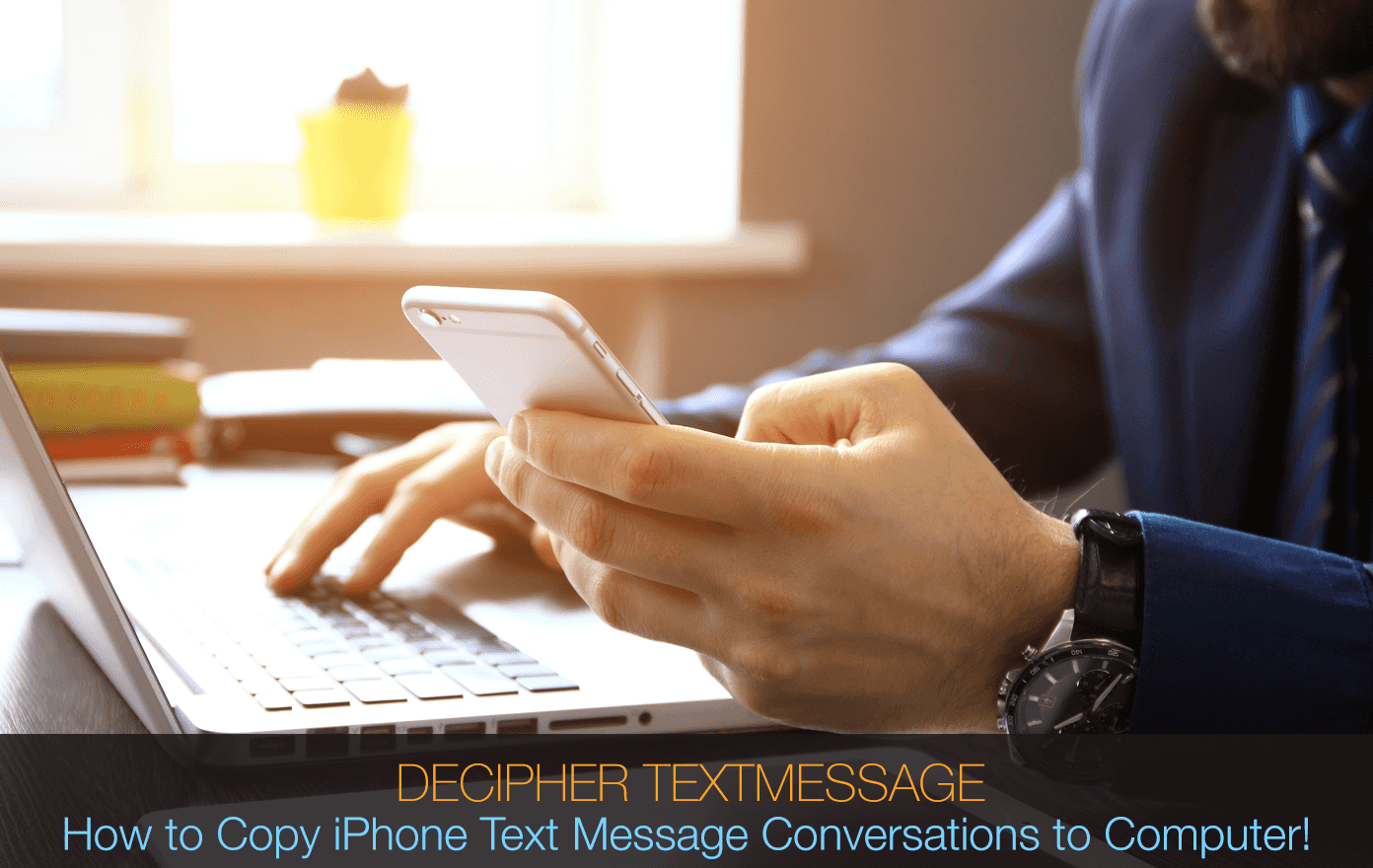

DECIPHER VOICEMAIL TRIAL SERIES
Practice Series section 901.1a (2020 ed.). “Testimony that a person received a text or email from another is not sufficient, by itself, to authenticate the identity of the sender.” Charles W. In addition, the evidence may be authenticated either by using extrinsic evidence, or by showing that it meets the requirements for self-authentication.” Jackson v. “Evidence may be authenticated by appearance, content, substance, internal patterns, or other distinctive characteristics taken in conjunction with the circumstances.
DECIPHER VOICEMAIL TRIAL TRIAL
“In determining whether the evidence submitted is sufficient for this purpose, the trial judge must evaluate each instance on its own merits, there being no specific list of requirements for such a determination.” Justus v. The requirements of this section are satisfied by evidence sufficient to support a finding that the matter in question is what its proponent claims.” Section 90.901, Florida Statutes (2019) provides: “uthentication or identification of evidence is required as a condition precedent to its admissibility. So, I don’t know who else would have done that and that may be just in part given the nature of the relationships here.” The court then entered a final judgment in favor of appellee, and appellant now appeals that judgment. As to appellee’s petition, the court found that the texts most likely came from appellant “because there’s no alternative that’s been provided. Therefore, the court could not enter a final judgment against appellee on the counter petition. As to appellant’s counterpetition, the court found that appellant candidly acknowledged that she did not know specifically who sent the messages. Like appellee, she did not specifically know that the text messages were from appellee but concluded that, based on their content, they had to be from someone in the nephew’s family.Īfter the presentation of evidence, the court acknowledged in its ruling that the texts sent to both appellant and appellee were threatening and would promote fear and anxiety in the receiver.


Appellant then presented the evidence of threatening text messages that she had received. The phone numbers on the texts to appellee did not match the phone number in appellant’s record. Her phone records were entered as an exhibit. Appellant denied sending the text messages and testified that she did not know who sent them. The court then asked appellant if she sent the text messages.

After much back and forth, appellee said she knew the messages were from appellant because of the content of the messages, that they were intended to harass her, and appellant had stated that she would harass appellee’s nephew’s family. The trial court asked appellee how she knew that the messages were from appellant. Over objection, the court admitted the messages. Appellant objected, contending that she did not recognize the telephone numbers from which the messages were sent. In its detailed Walker opinion, the Fourth District Court of Appeal explained the facts of the case, why authentication is important, and how authentication of a text message may occur:Īppellee offered a series of ten pages of text messages into evidence. 9, 2020) (reversing civil injunction granted by trial court where the plaintiff failed to authenticate text messages). Just like any other writing, text messages must be shown to be authentic before they may be accepted into evidence during a trial. In other words, is the thing presented actually the thing the proponent claims it to be? This general rule of authenticity essentially applies to all physical evidence presented, whether the evidence is a knife, gun, photograph, letter, or electronic message.Ī recent Florida appellate decision addressed the issue of authenticity of text messages. One of the most basic evidentiary issues encountered during court proceedings is the authenticity of a thing presented.


 0 kommentar(er)
0 kommentar(er)
